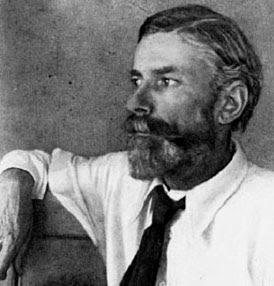Egocentricity is the process of wanting something other than
what is. Egocentricity means there is an "I" who [feels]
separate from everything else and doesn't like it; one thing is
happening, but I want a different thing to be happening
[which causes suffering]. Egocentricity is that constant
concern with how I feel, what I think, what I'm doing, what
I want - looking at what is and seeing it as inadequate.
My identity is maintained by the struggle of wanting
something other than what is [causing suffering].
Instead of spending our time trying to avoid suffering,
we must find the willingness to go directly into it.
Whenever anything causes us to suffer, we can know
two things: suffering is the same as egocentricity, and
when it arises, that is our best opportunity to end suffering.
As we open to suffering, as we embrace it, as we accept it,
our relationship to it changes. It is no longer horrible,
something to escape from. Suffering becomes just
another opportunity [for awareness], another chance for
freedom [from egocentricity].
~ Cheri Huber
art by Van Gogh
Cheri Huber is a Zen teacher and the author of eighteen popular books.
She founded A Center for the Practice of Zen Buddhist Meditation in
Mountain View, California

































